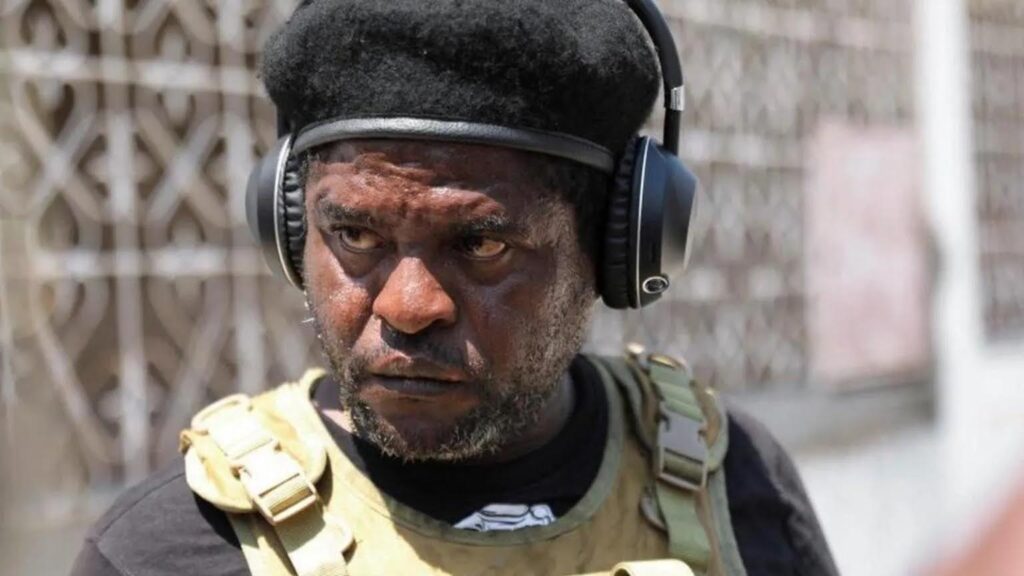US federal prosecutors have announced criminal charges against Haitian gang leader Jimmy Cherizier, widely known as “Barbecue,” accusing him of orchestrating violent crimes and funding gang activities in violation of US sanctions. Cherizier, a former police officer who leads the gang alliance Viv Ansanm (Live Together), is alleged to have solicited funds from the Haitian diaspora in the US to arm gang members and maintain control over much of Haiti’s capital, Port-au-Prince.
According to the indictment, Cherizier and co-defendant Bazile Richardson, 48, a naturalised US citizen, raised money to pay gang leaders and purchase weapons. Richardson, also known by aliases including Fredo and Leo Danger, was arrested in Texas last month and had been living in North Carolina. Prosecutors say both men helped bankroll a violent network responsible for murders, kidnappings, and attacks on key infrastructure.
US Attorney Jeanine Pirro described Cherizier as “a gang leader responsible for heinous human rights abuses, including violence against American citizens in Haiti,” citing his suspected role in the 2018 La Saline massacre that left 71 dead, destroyed over 400 homes, and saw multiple women raped. The US is offering a $5 million reward for information leading to his arrest.
Viv Ansanm, designated a foreign terrorist organisation by the US in May, has exerted near-total control over Port-au-Prince since 2020. Despite international sanctions from the US, UN, Canada, and Britain, Cherizier remains a powerful figure on the streets, shielded by his network.
Efforts to curb gang dominance have been bolstered by a UN-backed Kenyan-led security mission, with about 1,000 officers deployed. They have reclaimed the main port, airport, hospital, and a key highway, while training the Haitian National Police. However, the force has cited limited resources as a barrier to fully restoring order.
Haiti’s crisis escalated after the 2021 assassination of President Jovenel Moïse, plunging the nation into political instability, economic collapse, and spiralling violence. The UN estimates 5.7 million Haitians face acute food insecurity, while over one million are internally displaced.
As the humanitarian disaster deepens, US officials vow to continue pursuing those enabling Haiti’s violence, hoping that targeting figures like Cherizier may be a turning point in the country’s struggle for stability.

